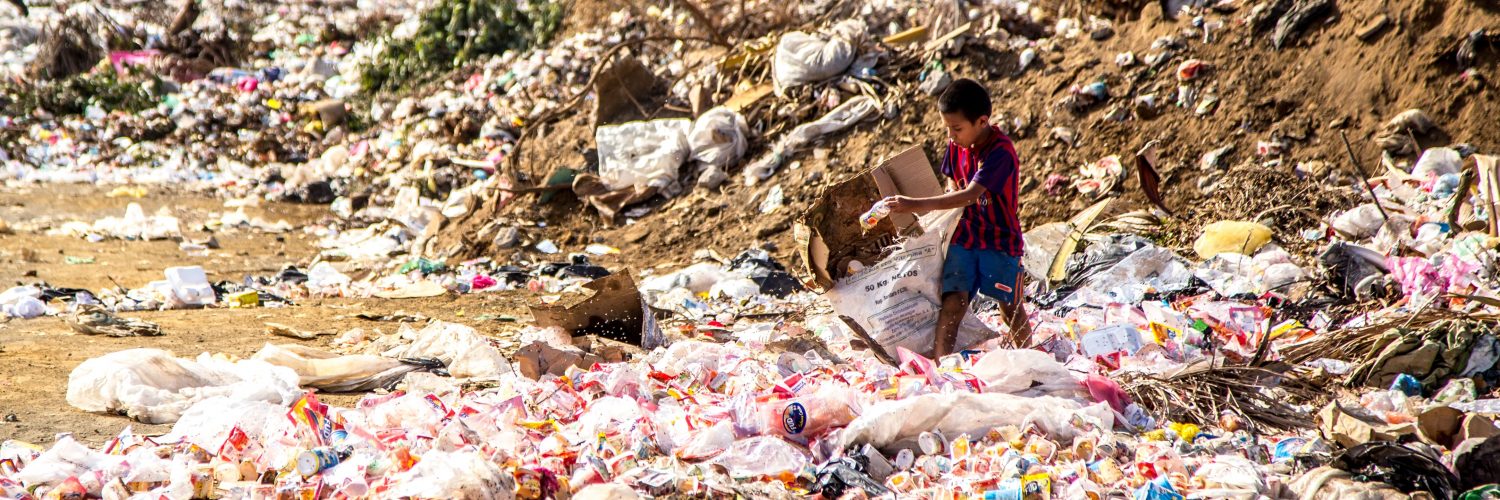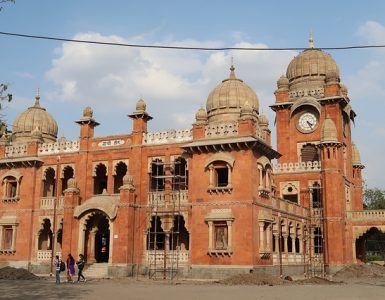Introduction
The battle against single-use plastic is not a recent one. It was during the late 1990s that the world started taking concrete steps towards reducing plastic waste. We, however, were not successful. With globalization and cheap manufacturing costs of plastic, the companies continued investing their money in manufacturing plastic. It was not long before plastic started being used everywhere and the menace spread far and wide.
History
Environmental laws in India were brought in as a result of the Bhopal Gas Tragedy that shook the work in 1986. While there were a couple of laws on air and water pollution prevention prior to that the law on environment protection came into picture only by 1986 called Environment Protection Act by November 1986 which states –
“…to implement the decisions aforesaid in so far as they relate to the protection and improvement of environment and the prevention of hazards to human beings, other living creatures, plants and property.”
While the Environment Protection Act is an umbrella to several other laws within the act, Plastic Waste Management Rules clause first made its appearance in 1999.
The first ban came in 1999 when carry bags of size less than 20 microns were banned in India.
Applicable Laws
The Indian Constitution has mandated the Centre and State to project the environment – air, water, wildlife, rivers and forests. To this effect there are a few laws – general and a few- specific that deal with the single-use plastic prevention –
General Articles from the Constitution –
Article 48-A
This article talks about –
Protection and improvement of environment and safeguarding of forests and wildlife.
” State shall endeavour to protect and improve the environment and to safeguard the forests and wildlife of the country.”
This talks about the protection of the environment being one of the primary objectives and obligation of the State. As a result of this, explicit Plastic Waste Management rules were added as an amendment to the article mentioned above (explained further down this article).
Article 51-A
This article talks about the fundamental duties of the citizens –
(g) to protect and improve the natural environment including forests, lakes, rivers and wild life, and to have compassion for living creatures;
It is through this fundamental duty that the citizens are made responsible to not only protect but also improve the natural environment.
Plastic Waste Management Law in India
First formulated in 1999, this law has undergone a number of amendments to be now known as the Plastic Waste Management Rules, 2016 (with an amendment made in 2018).
The Plastic Waste Management Rules, 2016 aims to:
- Minimum plastic carry bags thickness increased from 40 micron to 50 micron
- Plastic usage prevention jurisdiction to be expanded to the rural areas as well since plastic has entered the rural market too
- Plastic producers/ manufacturers’ responsibilities to be increased both from the manufacturing point of view to waste disposal point of view as well making them more responsible
- To levy plastic waste collection fee via pre-registration of manufacturers, vendors, importers, among others
- As per Indian Road Congress guidelines, promote usage of plastic waste for road construction and to give more responsibility to waste generators by being participate in such initiatives
- Improvisation of plastic waste management system due to absence of a clear alternative to plastic yet
Amendment (eff. March 27, 2018) – Plastic Waste Management Rules, 2016
- To phase out Multilayered Plastic (MLP) which is “non-recyclable, or non-energy recoverable, or with no alternate use.”
- Central registration system for the registration
of the producer/importer/brand owner that –
- must be automated
- consider ease of doing business for the producers and recyclers
- Central Pollution Control Board (CPCB) to take
care of registrations for the producer/importer/brand owner
- National Registry – Producers with presence in more than two states
- State Registry – Smaller producers operating within one or two states
Challenges
- Cheap alternative availability for plastic
- Behavioral change among masses to avoid plastic consumption
- Phase-wise plastic ban implementation to reap the benefits
Special Mention
A new startup has emerged in Singapore has started working towards curbing single-use plastic by providing container rental services called Revolv
Revolv has gained much momentum thanks to their idea and has garnered a lot of praise and accolades globally.






Add comment